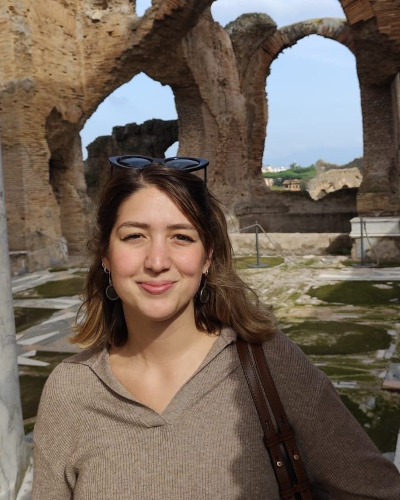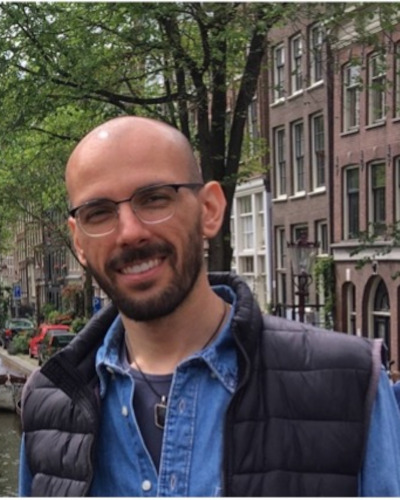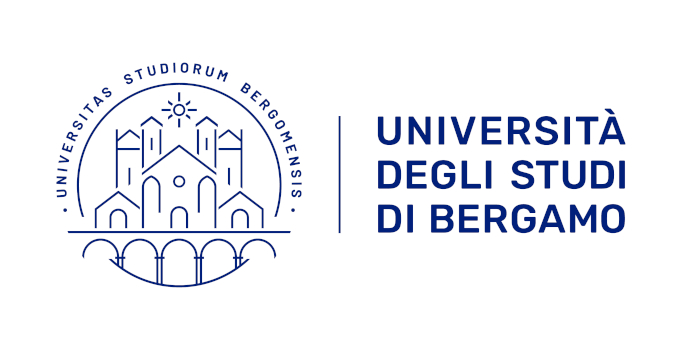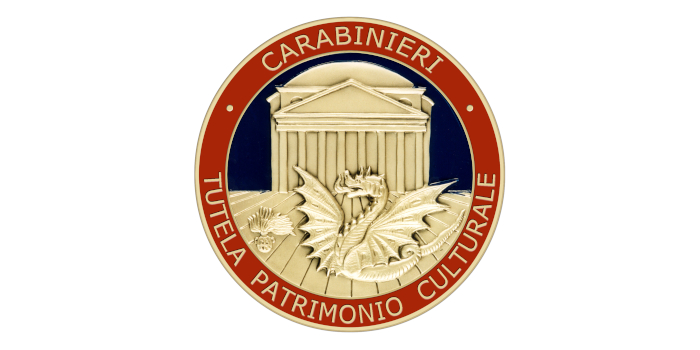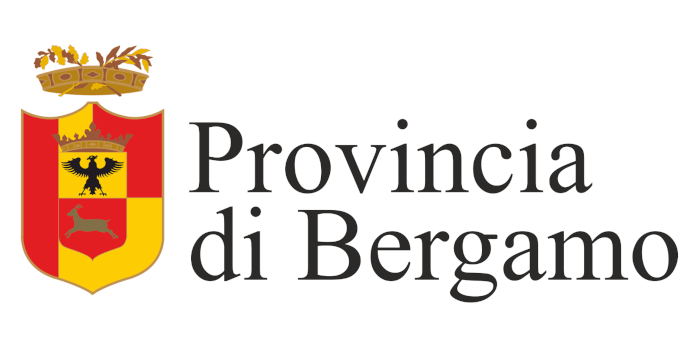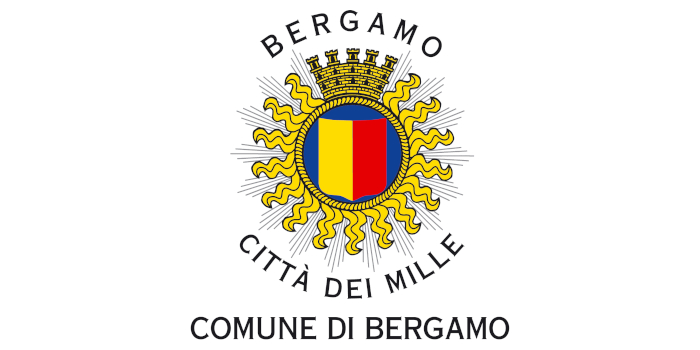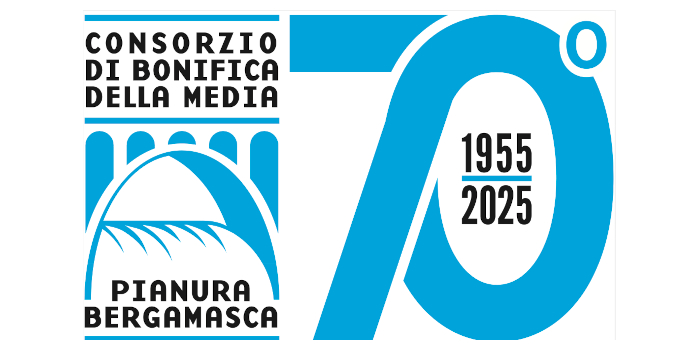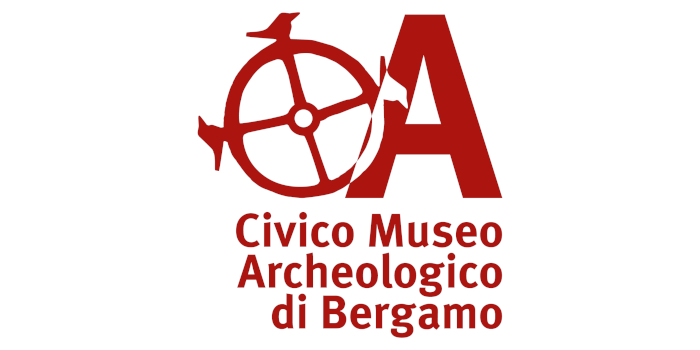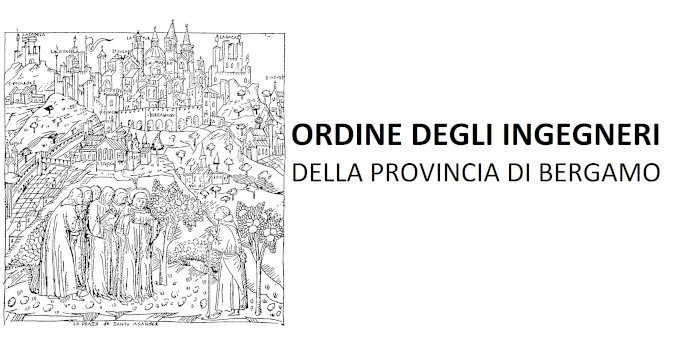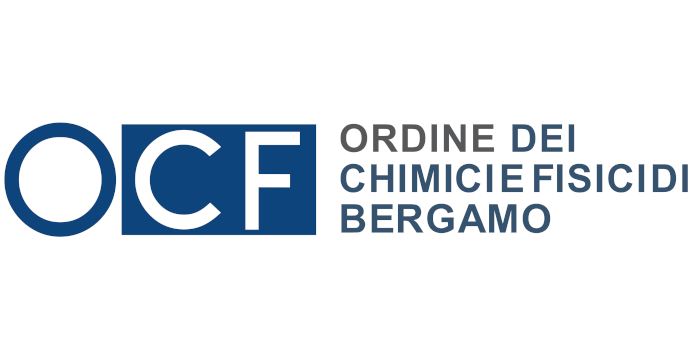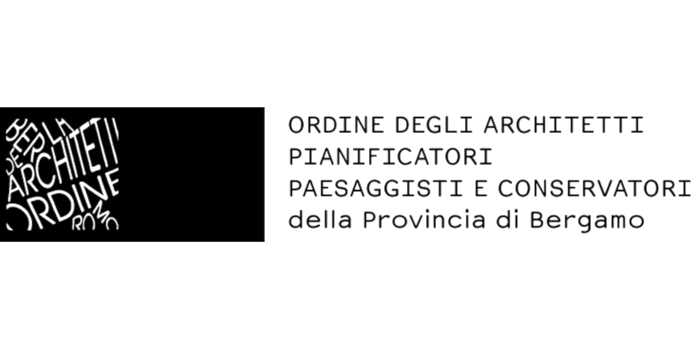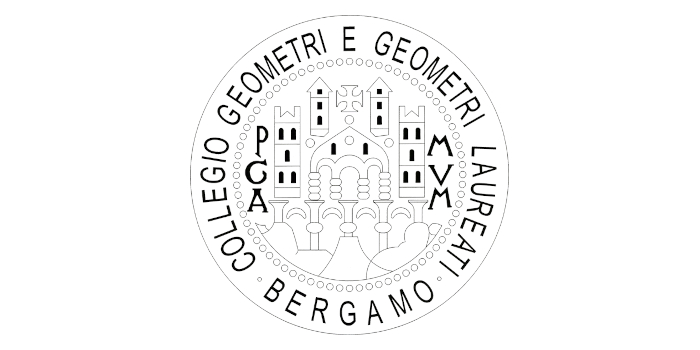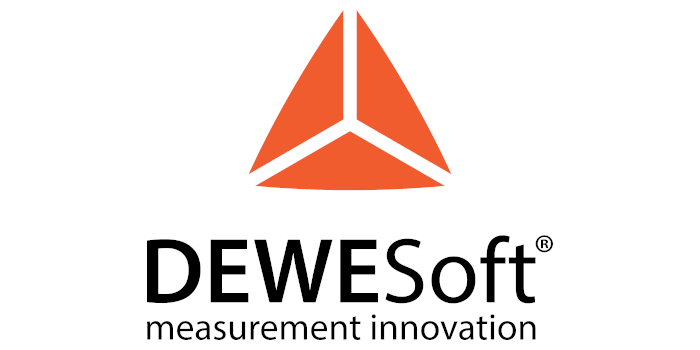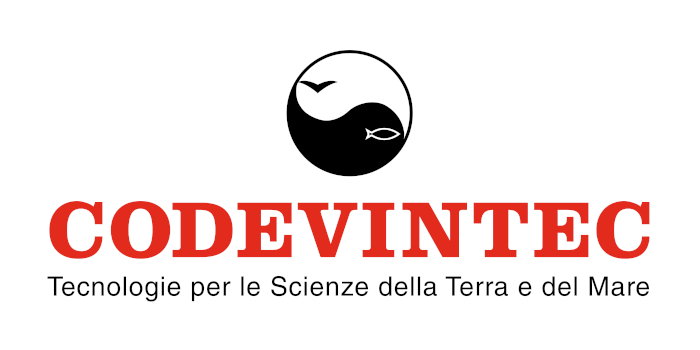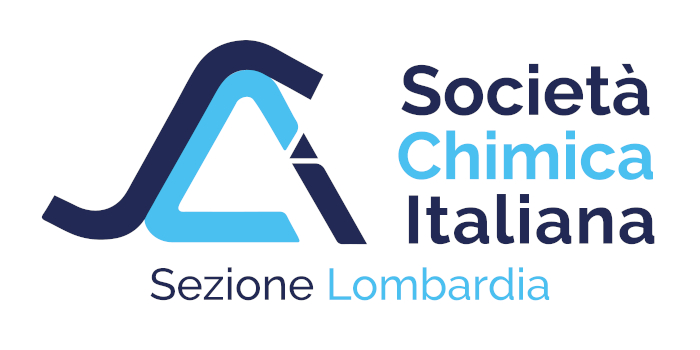SPECIAL SESSION #11
Archaeobotany and Palynology as Tools for Reconstructing Past Biodiversity, Ecosystems, and Landscapes
ORGANIZED BY
Eleonora Clò
Department of Life Sciences - University of Modena and Reggio Emilia, Italy
Claudia Moricca
Department of Environmental Biology - Sapienza University of Rome, Italy
Cristiano Vignola
Department of Environmental Biology - Sapienza University of Rome, Italy
ABSTRACT
In recent years, investments from the National Recovery and Resilience Plan (NRRP) have enabled an increasing number of researchers to engage in archaeobotanical and palynological studies, providing new insights into past ecosystems. The analysis of fossil pollen, for example, allows for the reconstruction of ancient flora and vegetation changes over time, offering a detailed perspective on climate change and human impact. In this context, Palynology provides lists of plant taxa that are essential for monitoring, conserving, restoring, and enhancing biodiversity. At the same time, the study of plant macro-remains—such as seeds, fruits, and wood—plays a crucial role in understanding the relationship between humans and the environment in the past. These remains, often linked to daily or ritual activities, represent a tangible cultural heritage, providing valuable information on dietary practices, the exploitation of natural resources, and the adaptation strategies of ancient communities.
This session acknowledges contributions on pollen and plant macro-remains from both natural and archaeological contexts, significantly expanding our knowledge of the complex bio-cultural diversity of the past. Studies presenting the latest results from the NRRP will be particularly welcome.
In this context, a key-role is played by databases. The development of structured data sets now makes it possible to organize and compare published data, enhancing information integration and refining interpretative models. The combination of archaeobotanical data with advanced predictive models allows for the investigation of not only past environmental changes, but also the projection of future scenarios. Understanding ecosystem dynamics in the past is crucial for addressing challenges on global climate change and evaluating future biodiversity conservation and sustainability strategies.
ABOUT THE ORGANIZERS
Eleonora Clò is a researcher in Botany at the National Biodiversity Future Center within Spoke 3, and a member of the Laboratory of Palynology and Palaeobotany team at the Department of Life Sciences, University of Modena and Reggio Emilia. She holds a B.Sc. in Biological Sciences, a M.Sc. in Applied Experimental Biology, and a Ph.D. in Models and Methods for Materials and Environmental Sciences. Her research focuses on Quaternary palynology, with particular emphasis on studying changes in biodiversity. She is especially interested in exploring long-term ecological dynamics in Italian contexts of high natural value, as well as in archaeological sites across the Mediterranean region.
She is also a member of the Palynology and Palaeobotany Group of the Italian Botanical Society (GPP-SBI) and the Botanical Records of Archaeobotany Italian Network (BRAIN).
Claudia Moricca laboratory technician specialized in archaeobotany, with an Erasmus Mundus master’s degree in Archaeological Materials Science (University of Evora, Aristotle University of Thessaloniki, Sapienza University of Rome) and a European PhD in Earth Sciences, curriculum Environment and Cultural Heritage discussed in 2021 at Sapienza University of Rome. Her studies focus on the analysis of plant macro-remains from archaeological sites along the Mediterranean basin, as well as the application of novel techniques (such as µ-MRI and geometric morphometry), which have seen the collaboration with researchers from several national and international institutions. Her latest project concerns the creation of a database for plant macro-remains from central Italy.
She is currently the secretary of the Group of Palynology and Palaeobotany of the Società Botanica Italiana.
Cristiano Vignola has a master’s degree in Archaeology from Sapienza University of Rome and a European PhD in Earth Sciences – Environment and Cultural Heritage, discussed in 2017 at the same institution. Since 2018 he has continuously engaged in the study of palaeobotanical remains, working as a Research Fellow (at Sapienza University of Rome and University of Padua) and Post-doc (at Sapienza University of Rome), as well as a freelance researcher for the Max Planck Institute of Geoanthropology in Germany. Now he has a position of Non-Permanent Researcher at the Department of Environmental Biology of Sapienza University of Rome. He has carried out archaeobotanical analyses of fossil macro- and microremains for several public and private institutions. He currently collaborates with national and international research teams to reconstruct paleoenvironmental changes and biodiversity dynamics from natural and anthropogenic deposits of the Mediterranean during the Holocene.



